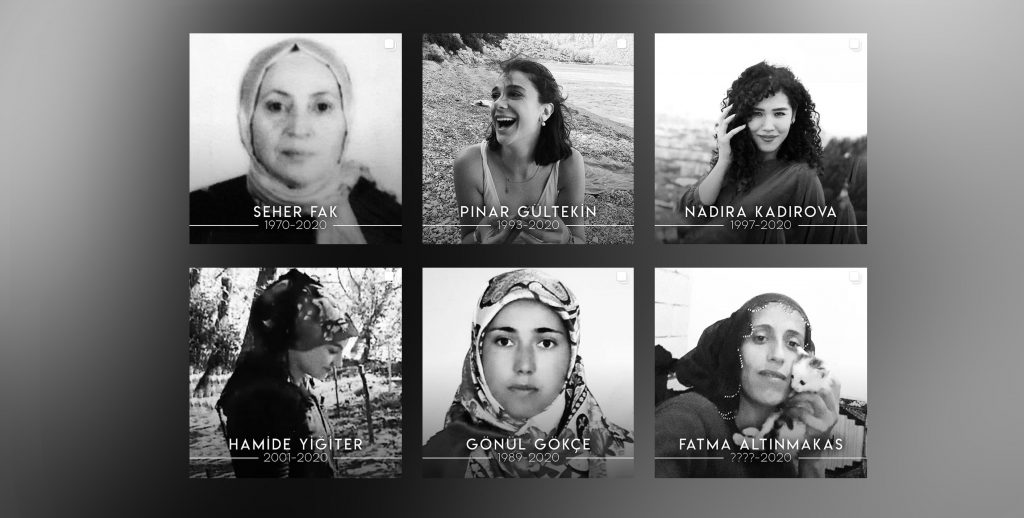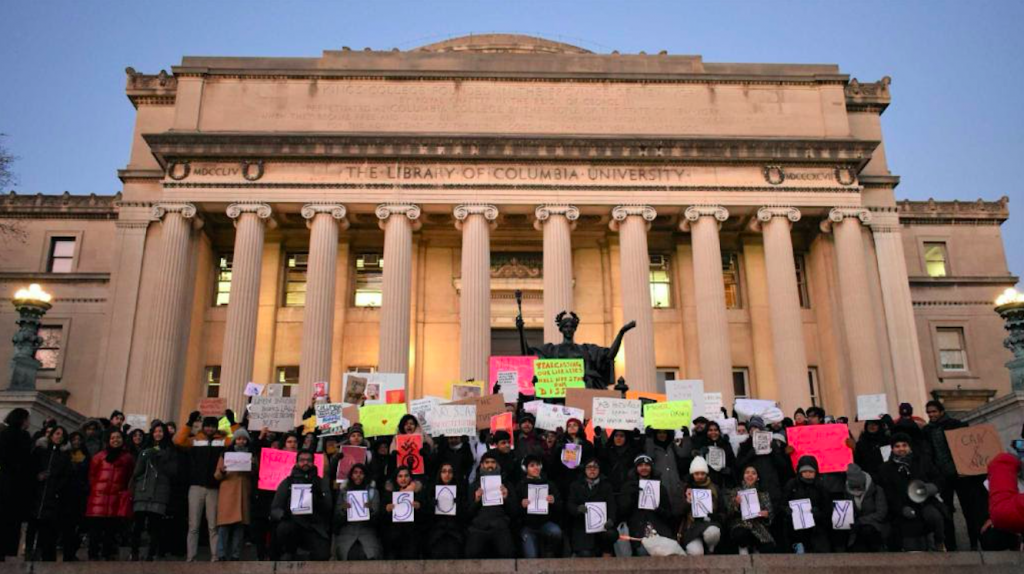Razia Jalali was born in the 1930s in Uttar Pradesh, India. During a time when people thought only the uncultured folk sent their daughters to school, she earned a bachelor’s degree. She did not work after marrying, but the point of studying was never to earn money, she had told me. She studied to gain knowledge and pass it on to her family.
I am cognizant of the fact that I shouldn’t be alive right now. I was left for dead on the Long Island Expressway, and this led to my right-sided tremor and vision and speech problems. That makes every moment I have now a precious gift.
In September of 2020, the Parliament of India passed three farm bills, against which the nation’s farmers launched a sustained protest. In this episode, we visit a Sikh Gurudwara and the iconic Punjabi Deli to find out about langar food and deconstruct the problems the farmers are facing in India.
Black-and-white photos of women flooded Instagram in mid-July with the hashtag #ChallengeAccepted. So far, more than 6 million women have posted pictures using the hashtag and that number continues to increase.
The trend, originally from a 2016 challenge to raise cancer awareness, reappeared with a new purpose this past month — a reminder of the femicide rates in Turkey and the importance of the Istanbul Convention, which was signed in 2011 to take measures that would prevent violence against women, protect victims and prosecute the perpetrators.
Conrad Noronha, a student at Columbia Law School, and his friends were discussing the politics and the protests in India when they decided they wanted to raise their voices.
Culture Shock is defined as the feeling of disorientation experienced by someone who is suddenly subjected to an unfamiliar way of life or set of attitudes. This summer I was lucky enough to travel to Bangalore, India to study abroad…






